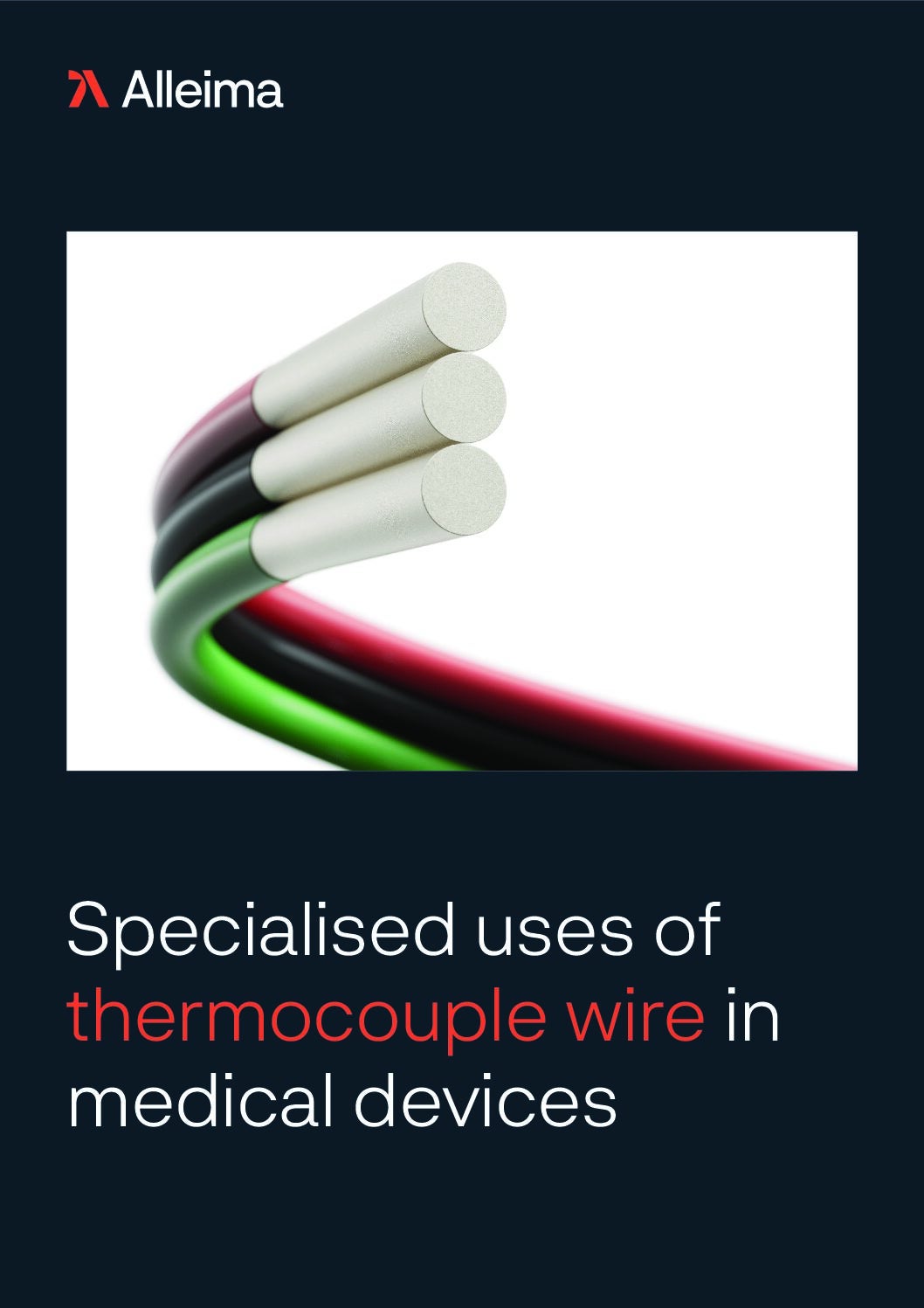
One of the primary drivers of the increased demand for medical devices is the ageing population. As people live longer, the likelihood of developing chronic conditions such as heart disease, diabetes, and arthritis increases.
Advancements in medical technology have also contributed to the increased demand, with medical devices becoming more sophisticated and effective. For example, the development of minimally invasive surgical techniques has increased the demand for surgical instruments such as laparoscopes and endoscopes.
Scaling up to meet demand
Scaling up medical device manufacturing involves increasing production volumes while maintaining quality, consistency, and efficiency. It is a complex process that requires careful planning, collaboration, and investment in technology, equipment, and developing expertise.
Medical device manufacturing must comply with strict regulations to ensure that their products are safe and effective. Scaling up production requires ensuring that all regulatory requirements are met, including product testing, documentation, and quality control.
The first step in scaling up medical device manufacturing is to assess the demand for the product and the capacity of the existing manufacturing processes. Scaling up often requires investing in new equipment and technology to increase production capacity and efficiency. This may include upgrading production lines, automating processes, and implementing quality control systems to ensure that the products meet regulatory standards.
Medical device manufacturers must have a robust supply chain to ensure that they have access to the necessary raw materials, components, and finished products to meet demand. Scaling up production requires managing the supply chain effectively, including identifying potential risks and developing contingency plans to minimise disruptions.
Outsourcing: finding the expertise you need
Medical device manufacturers have increasingly turned to outsourcing to streamline their operations and improve their bottom line, as well as providing them with the flexibility to adjust their production capacity as demand changes.
Not only does it reduce costs by eliminating the need for manufacturers to invest in expensive equipment and infrastructure, but outsourcing also allows medical device manufacturers to access expertise and specialised knowledge that may not be available in-house. Furthermore, finding a partner with experience in regulatory compliance can help to ensure that products meet regulatory standards, and that documentation is complete and accurate.
However, outsourcing also has several potential challenges when dealing with multiple partners, including quality control issues and supply chain transparency. For example, if a manufacturer outsources the production of their medical wire component, they may enlist different companies to handle wire production and coatings or electroplating.
An ideal solution is to find a partner with the capabilities to handle everything from the design phase through to the final component. In most cases, procuring a medical wire component is not simple as walking into a shop and buying supplies, as many of these components must be customised and optimised for the application.
Alleima’s one-stop-shop approach means that medical device manufacturers can rely on one supplier for everything from metal/alloy development to surface treatments, precise cutting and coiling. From the initial consultation regarding which properties, they need the wire to feature, to designing, testing, and final development- a finalised component is manufactured by a single source.
The customisations offered by this one-stop-shop is endless, with its capabilities continuing to grow through acquisitions to gain expertise in areas such as electroplating, galvanising, and innovative applications for nitinol. Customers choose from a variety of materials, sizes, surface treatments and product forms without the need to consult with multiple subcontractors. Alleima offers more than 200 alloys, metallurgy experience dating back to 1862, specially designed machinery for precision cutting, a range of polymer insulation and PTFE coatings, electroplating and electropolishing capabilities, customised coiling and coating stripping services.
To find out more about Alleima’s capabilities, including its electroplating services, download the whitepaper below.



